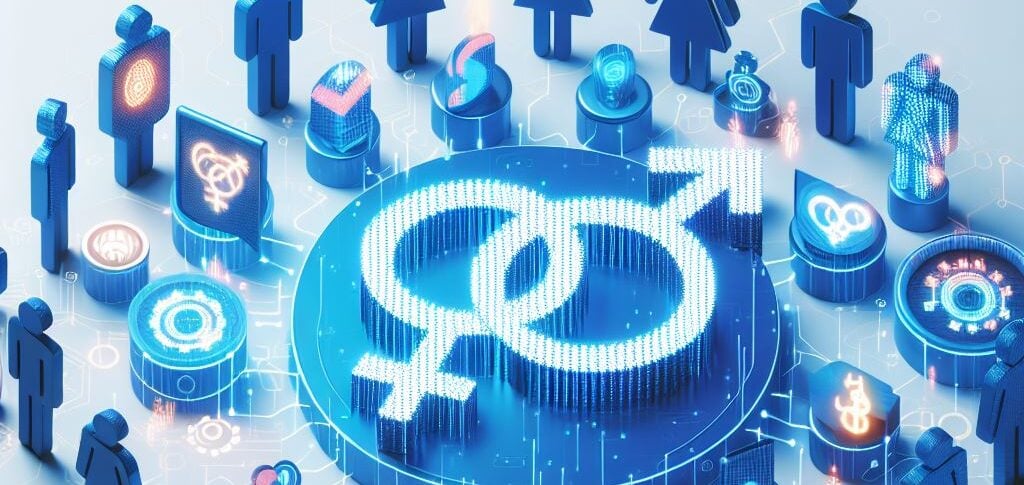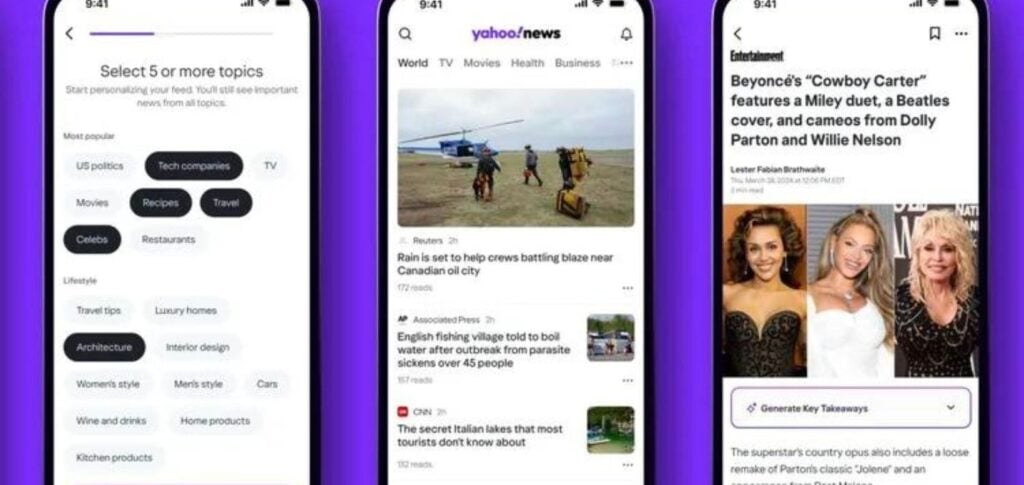The article "Artificial Intelligence and Gender Equality“, published by UN Women, presents a critical analysis of the gender bias embedded in artificial intelligence (IA). The text highlights how social inequalities are reflected in the development and use of this technology.
ADVERTISING
A crucial point is the lack of female representation in the creation and training of AI systems. Research cited in the article shows that only 30% of professionals in the field are women. This lack reflects the gender bias observed in several systems, such as that reported by artist Beyza Doğuç, who, when using AI to generate content, noticed the automatic association of doctors with the male gender and nurses with the female gender.
Another worrying factor is the quality of the data used to train the AI. The predominance of male data and the lack of racial diversity reinforce stereotypes and limit the ability of AI to deal with different realities. The cited case of inaccurate medical diagnoses for women exemplifies how gender bias can have negative consequences.
The article points out ways to mitigate the problem. Investing in STEM education for girls and women is key to increasing female participation in AI development. Likewise, it is necessary to prioritize the inclusion of data representative of different genders and ethnicities in system training.
ADVERTISING
Finally, the text defends the creation of global governance mechanisms for AI. The objective would be to mitigate risks, curb discriminatory bias and ensure that technology contributes to gender equality. The negotiation of the Global Digital Compact (GDC) in 2024 is seen as an opportunity to establish a regulatory framework that incorporates a gender perspective.
In short, the UN Women article warns of the risks of gender bias in AI and proposes solutions to promote the development and equitable use of this technology. Female participation in the creation and use of representative data is critical to ensuring that AI is a tool for equality and not perpetuating existing inequalities.
Read also




